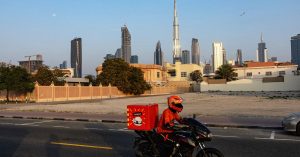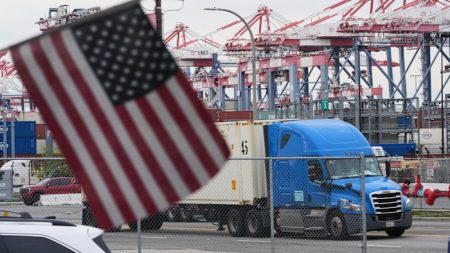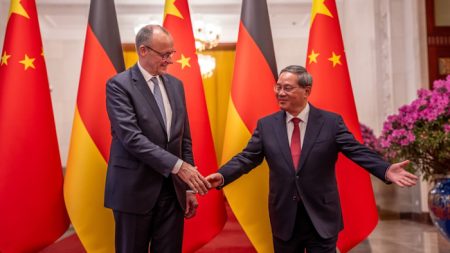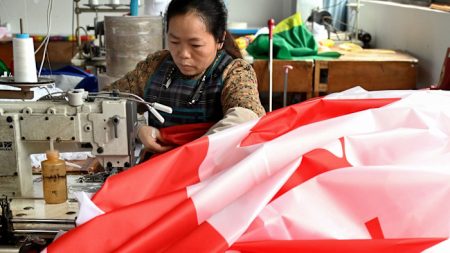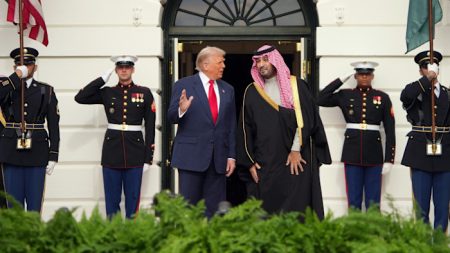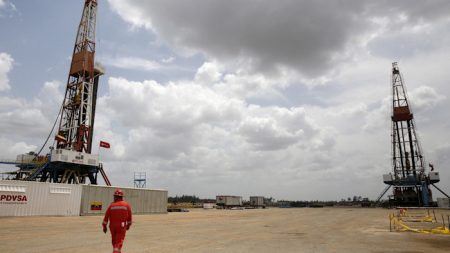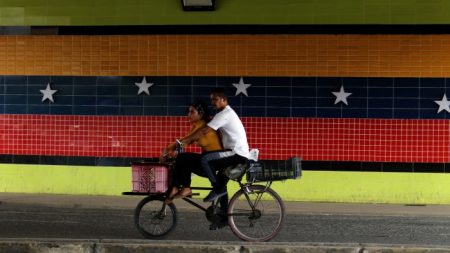Receive free Spanish politics updates
We’ll send you a myFT Daily Digest email rounding up the latest Spanish politics news every morning.
Spain was plunged into political uncertainty on Sunday night as both the right and left failed to secure a clear path to forming a government even though the opposition People’s party won the most seats in parliament.
The deadlock leaves the EU’s fourth-largest economy in limbo and opens the door to weeks or months of messy negotiations over voting alliances — or repeat elections, as occurred in 2015-16 and 2019.
Defying the odds, Socialist prime minister Pedro Sánchez put up enough resistance to prevent Alberto Núñez Feijóo’s PP from securing a conservative parliamentary majority in alliance with the hard-right Vox party.
But although Sánchez did better than the polls had predicted, and won two more seats than in 2019, he fell short of the outright majority needed to take office even with the support of his existing allies.
A jubilant Sánchez nonetheless told supporters outside his party headquarters that “the reactionary bloc of the People’s party and Vox have been defeated”.
Feijóo said he had won but, appearing stony faced, appealed to be allowed to form a government because his was the largest party in congress. “If the most voted party in Spain cannot govern then the only alternative is gridlock, which does not benefit Spain, does not benefit our international prestige or the security of investments,” Feijóo said.
In the campaign, however, Sánchez indicated that he would not enable the PP to form a minority government.
New parliamentary pacts will emerge only from fraught bargaining between the biggest parties and two different sets of potential allies among Spain’s fragmented tableau of small regional groups.
But none of the most probable constellations carry the PP or the Socialists to the 176 seats needed for a majority in the 350-seat congress.
The outcome hands a potentially pivotal role to Together for Catalonia, a hardline separatist party with seven seats that could drive a hard bargain to give its votes to Sánchez.
Feijóo’s position is complicated by the fact that his potential partner Vox is fiercely opposed to — and wants to ban — separatist political parties, making it hard to conceive of one of them joining a conservative alliance.
If neither Feijóo nor Sánchez can reach a majority, Spaniards will have to vote in another general election, their sixth in eight years.
Vox leader Santiago Abascal, whose party won 19 fewer seats than in 2019, accused the PP of demotivating voters by acting as if victory were assured — and criticised Feijóo for not turning up to a debate in the final week of the campaign.
“Some were selling the bear skin before they’d gone hunting and that has a clear consequence in terms of demobilisation,” Abascal said.
Vox had promised to bring to a coalition government its denial of human-driven climate change, opposition to Muslim immigration, its challenge to the idea of gender-based violence and its desire to scrap a law that cements LGBT+ rights.
With 100 per cent of the vote counted, the PP had won 136 seats and the Socialists 122; Vox had secured 33 and Sumar — a new leftwing group that would join a coalition with Sánchez — had 31.
Sánchez, 51, called the snap general election after his party suffered a resounding defeat in municipal and regional elections at the end of May, gambling that he would perform better in July than if he waited until the expected election date in December.

Pollsters said he had won over some wavering voters in the final days of the campaign with his warnings that a potential PP-Vox coalition would drag the country from 2023 back to “1973”.
Others said the PP had fallen short because Feijóo, 61, centred a negative campaign on his critique of “Sanchismo” — which he defined as a creed of “lies, manipulation and nastiness” — and did not offer a positive vision for Spain.
Feijóo also launched fierce attacks on Sánchez’s controversial political alliances with pro-independence parties from Catalonia and the Basque country, which enabled the prime minister to take office in 2018 and subsequently pass landmark legislative reforms.
Read the full article here


